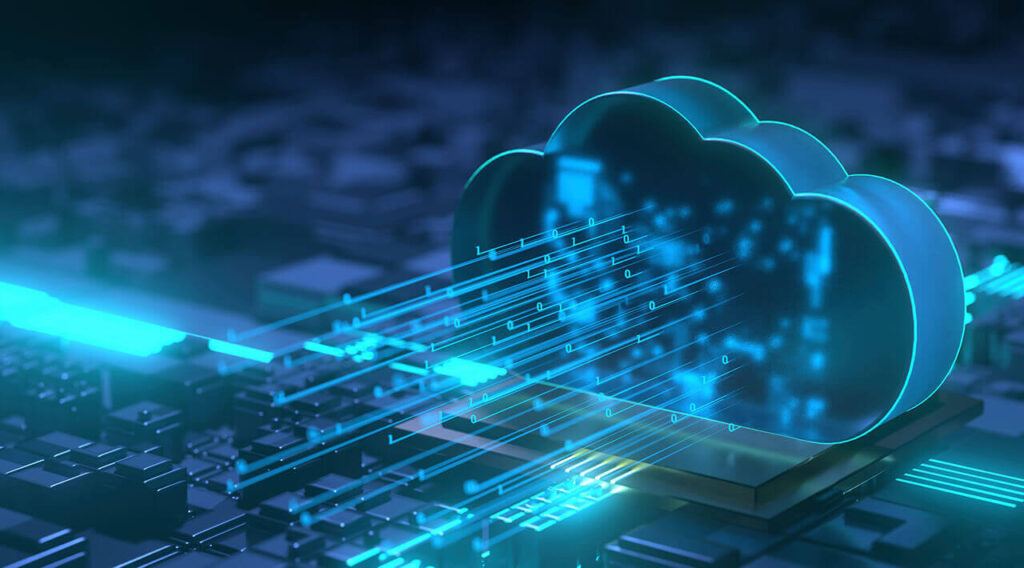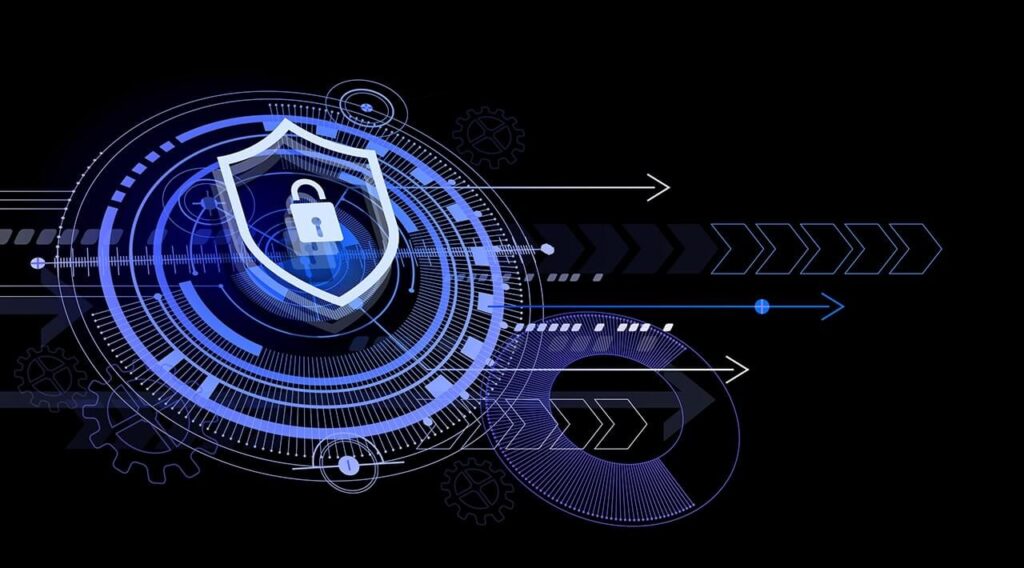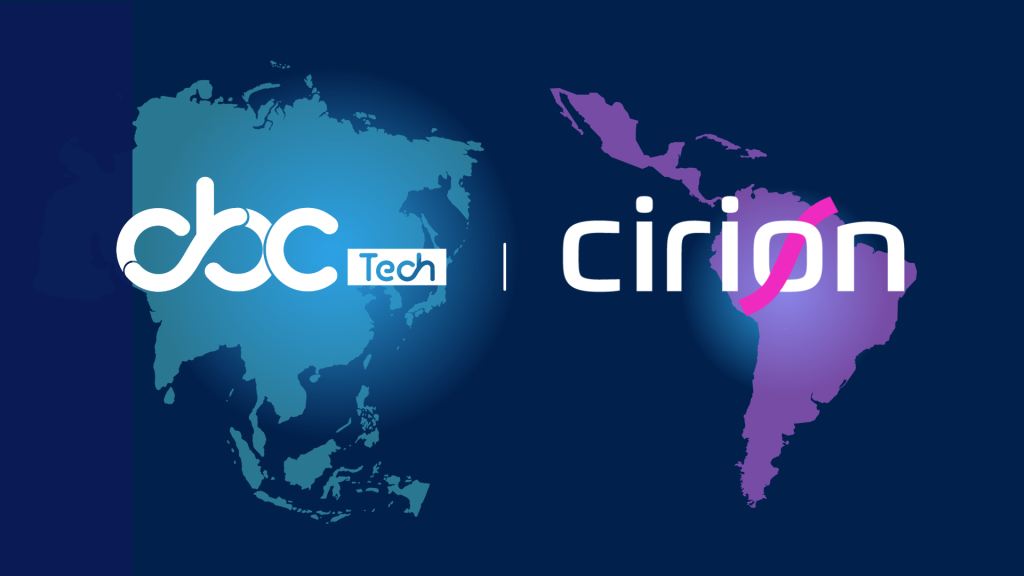- Technology WiFi 7: The seventh generation technology could broadly outperform their previous versions in terms of capacity, connection speeds and latency
- Cirion experts explain its importance for different industries, as well as for data protection.
Wireless technologies adoption, such as WiFi has gradually increased in Latin America thanks to the growing connectivity and digitalization in the region. Even though there’s still a big gap for overall availability, experts in the area trust implementation will fast-track with the activation of rising connectivity modalities such as Low Earth Orbit (LEO), or 5G connectivity development, thus making it more affordable.
With this objective in mind, people are already talking about WiFi 7, the next generation of wireless technology that is being developed globally, to deliver faster connection speeds, higher capacity, and lower latency compared to previous WiFi technologies. “Although it is not completely standardized yet, nor widely available on the market, WiFi 7 is expected to significantly outperform its predecessors in terms of performance and efficiency,” said Alejandro Girardotti, Senior Director, Product, Innovation and Strategic Alliances at Cirion Technologies.
But what are Technology Wi-Fi 7’s new features and advantages?
Cirion experts explain a series of implications of this new technology:
- Enhanced use of available bandwidth: Users of this new technology could reach final speeds 45x faster than current WIFI solutions. To accomplish this, multiple channels (MLO, Multi-Link Operation) are used. This feature enables use of different channels simultaneously.
- Latency is reduced at a minimum by generating a higher throughput than the old WIFI and by using multiple channels/bands. This will be leveraged by the gaming world and the metaverse.
- Applications in key industries: Various industries could benefit from WiFi 7 deployment, including mining, where it could be used to improve work environments connectivity. Similarly, the healthcare sector could leverage WiFi 7 to enhance telemedicine and remote real-time care in rural and urban areas.
- Boost the economy: WiFi 7 overall implementation in the region, in tandem with new means of access. 5G and LEO satellites could boost digital economy by enabling more advanced e-commerce apps., and services, online education and digital tourism, particularly in countries where technology adoption and breakthroughs are lower. Thus, economic growth and social development could be driven in the region.
- Increased connection security: By adopting this new WIFI 7 technology end users will benefit from an improved connection, either in shared (Coffee-shops, Restaurants, Universities) or controlled environments, in addition to an enhanced security. Security is a growing concern as more businesses and users adopt wireless technologies.
“WiFi 7 could improve these networks’ security by delivering more sophisticated protocols and improved threat detection and prevention capabilities. As far as the technology and telecommunications areas are concerned, organizations could deploy WiFi 7 to improve their network infrastructure and offer faster and more reliable connectivity services, including ISPs, mobile carriers and IT companies” said Girardotti.
The executive continued saying that WiFi 7 also presents challenges in terms of risk management and sensitive data protection: “Implementing this seventh generation technology in Latin America will call for a significant investment in network infrastructure and compatible equipment. This could entail some challenges, in a context where many companies and governments face budgetary constraints and competing priorities. However, investment in connectivity technologies such as WiFi 7 could be critical to maintain economic competitiveness and improve the quality of life in the region,” he closed.
And even though we still don’t have specific data on WiFi 7 adoption in Latin America, industry data estimates that countries such as Brazil, Mexico, Argentina and Chile will lead the implementation of this technology due to their market size and economic and technological development levels. Besides, WiFi 7 is expected to install key improvements compared to previous versions such as WiFi 6, WiFi 5 and WiFi 4, aimed at addressing many of the vulnerabilities and limitations associated with these technologies in terms of security and performance.
Cirion Senior Director, Product, Innovation and Strategic Alliances revealed that “WiFi 7 is designed to include more advanced security protocols and enhanced encryption capabilities for cyberthreat protection, e.g., not only more robust security standards, such as WPA3, -which offers stronger encryption and improved protection against brute force attacks- but threat detection and prevention as well, such as phishing, ransomware, and data interception. This might include the ability to automatically identify and mitigate suspicious network activity, as well as the capacity to block or isolate compromised devices to prevent threats from spreading,” among other possibilities, he concluded.










